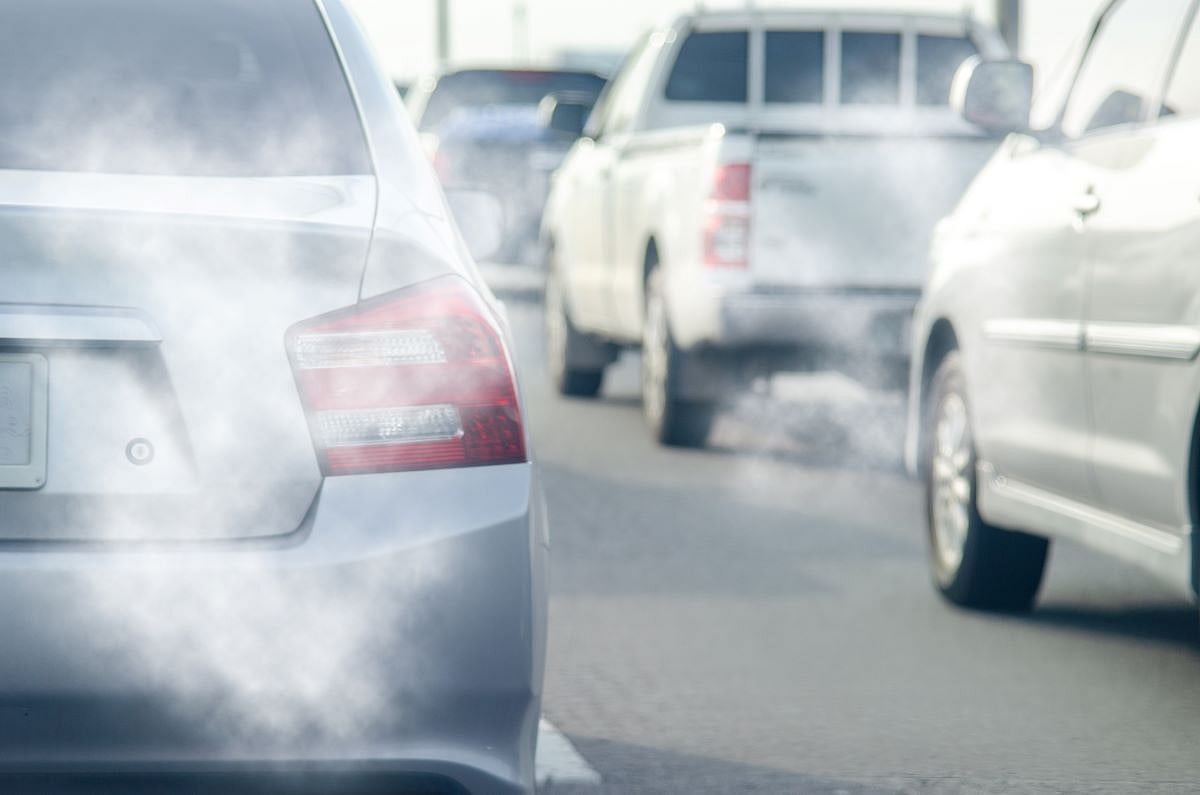Get Healthy!

- Dennis Thompson
- Posted October 16, 2024
ERs See More Trauma Patients on Smog-Filled Days
Accident victims tend to flood emergency rooms on days with heavy air pollution, a new study shows.
The number of patients treated at ERs increase by 10% to 15% on days with increased particle pollution in the air, researchers found.
That increase is driven by cases of trauma, along with more people suffering breathing difficulties and skin conditions, results showed.
The study reveals “a strong connection between higher levels of particulate matter and visits to the emergency department,” said researcher Dr. Andrea Rossetto, an emergency medicine resident with the University of Florence in Italy.
Cases of trauma linked to air pollution were more common among younger patients, while seniors over 65 tended to suffer breathing difficulties that brought them to the ER, researchers found.
“At our hospital, most trauma patients have been involved in road traffic collisions. Traffic is also a primary driver of increased air pollution in urban areas,” Rossetto said. “It is likely that heavy traffic is directly responsible for the increase in trauma cases and indirectly for more patients presenting with breathing difficulties linked to air pollution.”
“This means we’re seeing more patients with breathing difficulties at a time when the emergency department is already under stress with more trauma cases, with potentially worse outcomes for such patients,” Rossetto added.
For the study, researchers analyzed data on more than 307,000 ER patients treated at Careggi University Hospital in Florence between 2019 and 2022.
They compared these records with daily levels of particle air pollution near patients’ home addresses for up to a month before they went to the ER.
This study needs to be replicated at other hospitals, researchers said.
Researchers reported their findings at the European Society for Emergency Medicine’s annual meeting in Copenhagen.
“This study adds to existing evidence that air pollution, even at concentrations within WHO guidelines, is harmful to our health and our health services,” Dr. Barbra Backus, chair of the society’s abstract selection, said in a meeting news release.
“Understanding this link could allow hospitals to prepare for surges in patient numbers and take action to reduce overcrowding in the emergency department,” added Backus, an emergency physician in Rotterdam, the Netherlands, who was not involved in the research. “Hopefully, further research will provide even more information on this topic.”
More information
The U.S. Environmental Protection Agency has more about particle pollution.
SOURCE: European Society for Emergency Medicine, news release, Oct. 15. 2024
